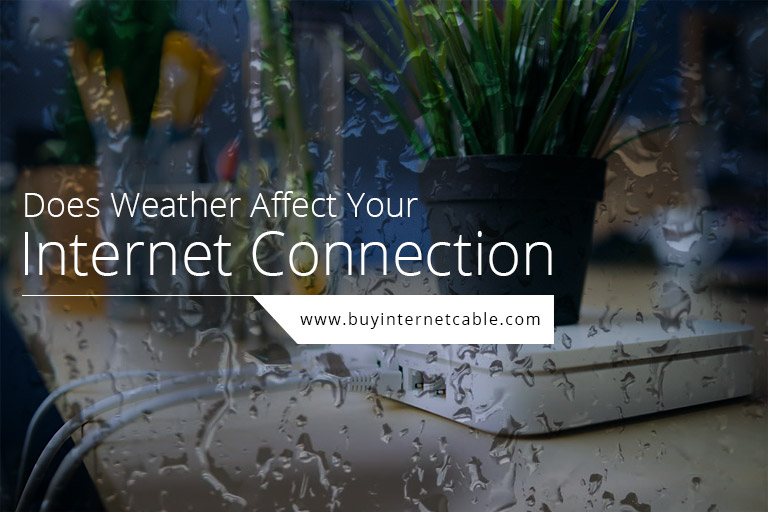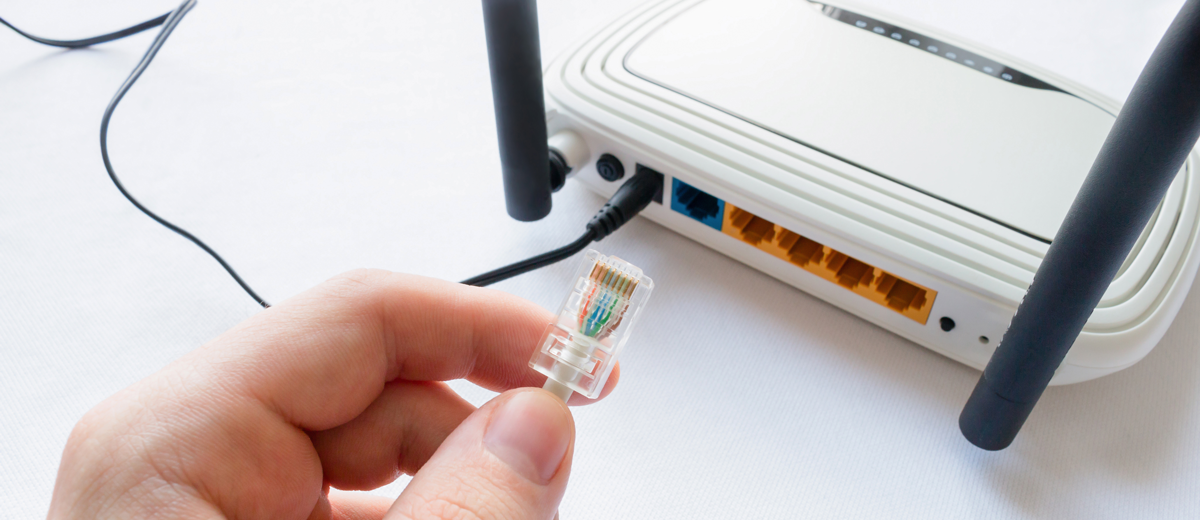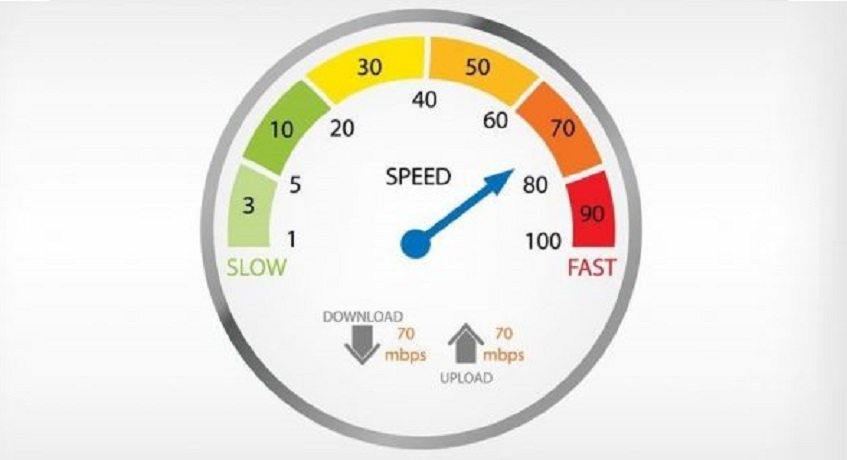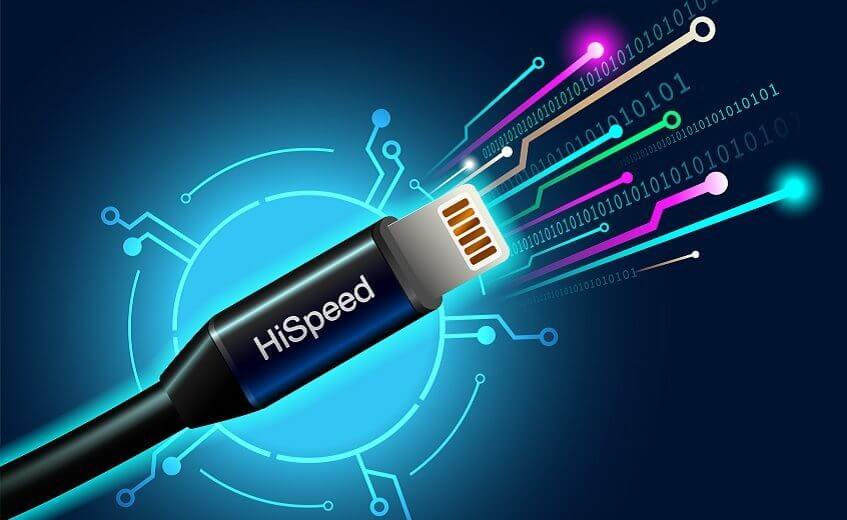It’s now a popular joke – whenever the weather outside is fishy, the Internet breaks down. Some experience slows upload speed while others have to deal with a complete outage. No wonder you are here, questioning whether the weather really affects the Internet.
Let’s find the answer together!
Table of Contents
Weather and Its Connection with the Internet
The answer to this question is murky. Apple has revealed a comprehensive list of things that can affect WiFi signals, which include microwaves, power lines, wireless speakers, cordless phones, and so on. There is no mention of the weather.
Speed test websites say that weather doesn’t affect Internet speed. But it only happens when there’s damage to the phone, power, or cable lines. Also, when a high number of users are connected to the Internet, the browsing speed generally slows down. Let’s be real, we all are guilty of downloading an eBook, setting a Netflix binge, and starting a game session to pass the time during bad weather day/night. This is why some say bad weather is the worst time to be on the Internet. Physical damage paired with traffic overflow can offshoot weather-related internet problems.
Some experts also suggest that rain can affect WiFi signals, particularly if your wireless setup uses a 2.4 GHz radiofrequency. Water droplets absorb the radio frequency and block the signals partially. Since WiFi signals are short-range and developed indoors, rain could interface with the signals. However, since routers are placed indoors, rain does not affect your devices to a large extent. If you are experiencing a bad connection, your distance from the router could be the culprit.
Rain and Snow Aren’t the Only Bad Guys
Rain, snow, or stormy weather are not the only things that can affect fiber optic Internet or WiFi signals. High temperature also has the power to slow down the Internet connection. There is a lot of evidence that says WiFi services work less efficiently on hot days. In case you haven’t noticed, experiment yourself.
When the temp exceeds 90 degrees F, it isn’t the signal strength that you should be worried about but the overheating of the equipment. This problem doesn’t surface in winters. Hence, keep checking the condition of your equipment in the summers. Give your router and modem a break by unplugging everything. Once the temperature is restored, plug everything back in. This should resolve the slow-speed problem.
What to Do When the Weather Is Bad?
If you think your Internet speed is slow or it has shut down completely, and the weather is to blame, there are a few tricks to fix them.
Have a look at these dos and don’ts to resolve the issue:
The Dos
- Reset your router or modem.
Unplug these devices, wait for a few minutes and plug them back in.
- Move closer to your equipment.
Reduce the distance between your device and router.
- Check other devices
If the Internet is working fine on your PC but not on your smartphone, then it means something is wrong with your device and not your network.
The Don’ts
- Don’t fix things yourself
- Never go outside when the weather is bad
- Don’t touch the electric wires
Inquire about Internet Outage
When the weather is extremely bad, this could result in a power outage.
Suppose you are using Cox internet services, it’s a thunderstorm out there, and the Internet is completely down, this could mean Cox internet outage. Contact support to find out. You may also check the social media handles. Most Internet service providers continue sharing updates on social media accounts to keep their clientele updated.
Get a Booster to Wither the Storm
So now you can understand why the weather always affects your Cox WiFi signals hence the internet speed. There’s a solution to this problem. Use a WiFi external or signal booster. What difference would it make? Let’s say your Mi-Fi WiFi is placed in the living room and you are upstairs, wrapped in a blanket, all curled up in, you will still get great signals.
By using signal boosters, you can ensure your internet connection remains strong so matter where you are surfing the web from inside the house. All you have to do is install the booster and let it take care of the rest. Don’t keep it for bad weather days only. You may use the booster regularly.
The Takeaway
Bad weather and slow Internet is a case of correlation. There is no causation. Rainfall can interfere with and impact the signal strength. But when the weather is generally bad and the Internet is slow, high traffic volume is to blame. People stuck at home are more likely to be online, web surfing, streaming, gaming, and casual browsing.
Fiber optic wires are not susceptible to cold. However, when the temperature is extremely low, ground heaves can cause damage to the wires. High temperature can affect signal strength as well since devices overheat. The weather can, however, damage wires, causing Internet outages.




